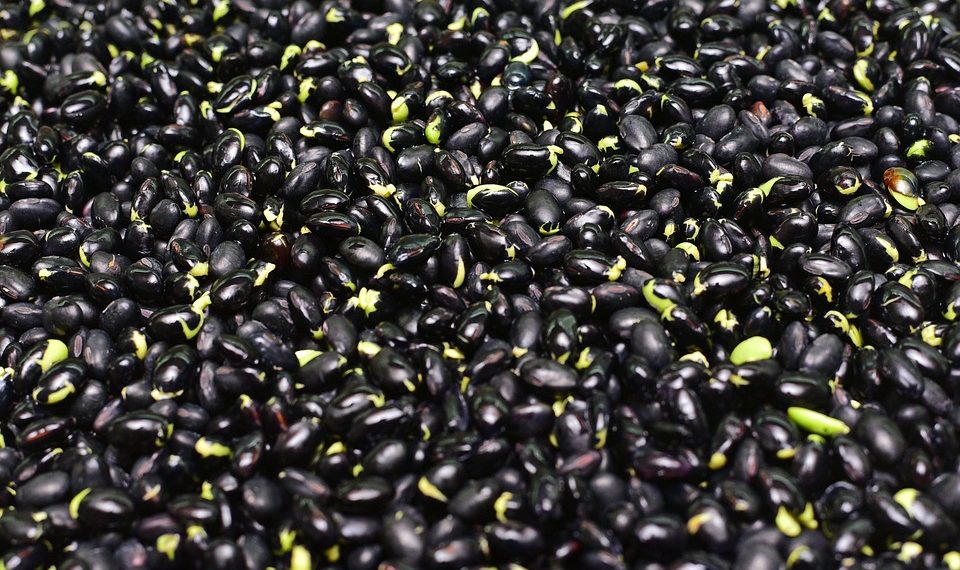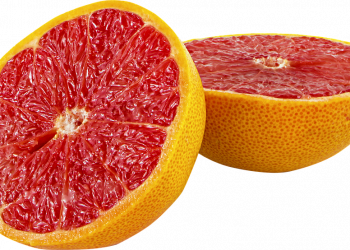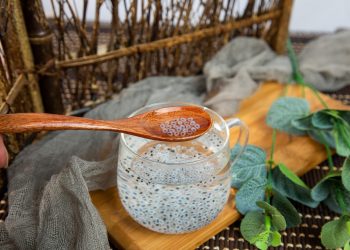5 Reasons Black Beans Boost Testosterone Levels Naturally
Ever found yourself staring at the pantry, wondering what you can nibble on that’s not just good but also good for your hormones? If you’ve been curious about natural ways to support testosterone levels, black beans might just be your unsung hero. Packed with nutrients, these little legumes offer benefits that stretch far beyond your typical meal. Let’s explore five reasons why black beans may help boost testosterone levels.
Contents
1. Rich in Zinc: A Key Component
Zinc plays a pivotal role in testosterone production. This mineral is essential for maintaining various bodily functions, including hormone regulation. Black beans are surprisingly rich in zinc, with about 1.3 mg per 100 grams, which accounts for about 12% of the recommended daily intake for adults.
Research shows that zinc deficiency is linked to lower testosterone levels. A study by Prasad et al. (2001) demonstrated that men with lower zinc levels had a notable reduction in testosterone when their diets were deficient in this mineral. When you include zinc-rich foods like black beans in your diet, you support testosterone synthesis naturally, potentially helping you maintain optimal levels as you age.
Though it’s advantageous to consume zinc, moderation is key. Too much can lead to adverse effects, so it’s wise to balance your diet with various zinc sources, such as meats, nuts, and seeds.
2. Packed with Protein
Eating adequate protein is essential for muscle synthesis and overall health. Black beans provide a plant-based protein source, boasting around 8.9 grams of protein per 100 grams. This protein content is crucial not only for muscle maintenance but also for the production of hormones—testosterone included.
A 2015 study in Sports Medicine highlighted that adequate protein intake plays a critical role in hormone regulation, emphasizing its importance for athletic performance and muscle growth. For those striving to enhance their testosterone levels, incorporating protein-rich foods like black beans can be an effective strategy.
However, while plant-based sources of protein are beneficial, they often lack certain amino acids found in animal proteins. Consider combining black beans with whole grains to ensure you’re getting a complete protein profile.
3. Fiber for Gut Health
Gut health has increasingly come into the spotlight when discussing overall health, with emerging evidence linking gut microbiota to hormonal balance, including testosterone levels. Black beans are a great source of dietary fiber, offering around 8.7 grams per 100 grams. This fiber content helps maintain gut health by promoting regularity and fostering beneficial bacteria in the intestines.
A study published in the Journal of Clinical Endocrinology & Metabolism in 2014 found that gut health influences the metabolism of hormones, including testosterone. By consuming fiber-rich foods like black beans, you can enhance your gut microbiome, which, in turn, may support testosterone levels.
While increasing fiber intake can be beneficial, it’s essential to introduce it gradually to avoid digestive discomfort.
4. Rich in Antioxidants
Chronic inflammation can negatively impact testosterone production. Antioxidants fight this inflammation, and black beans are rich in various antioxidants, including flavonoids and phenolic acids. These compounds help reduce oxidative stress, which has been linked to hormonal imbalances.
A study by Kasai et al. (2013) in the British Journal of Nutrition showed that antioxidants, particularly found in plant-based foods, can positively influence testosterone levels by reducing inflammation. By including black beans in your meals, you could potentially protect your hormonal health from oxidative damage.
While the antioxidant properties of black beans are beneficial, balance should remain a priority in your diet. Incorporating a wide range of colorful fruits and vegetables can enhance your antioxidant intake for even better results.
5. Low Glycemic Index
Blood sugar levels play an important role in hormone regulation. Foods with a high glycemic index can lead to spikes in blood sugar and insulin, which may negatively affect testosterone production. Black beans have a low glycemic index, meaning they release glucose slowly into the bloodstream and promote stable energy levels.
A study from the American Journal of Clinical Nutrition (2004) noted that diets with low glycemic loads were associated with better hormonal balance. By opting for low-glycemic foods like black beans, you can help mitigate sharp rises in blood sugar, indirectly supporting healthy testosterone levels.
That said, while black beans are a beneficial choice, it’s wise to maintain a well-rounded diet that also includes other low-glycemic foods such as whole grains, fruits, and vegetables.
FAQs
Q1: How can I incorporate black beans into my diet?
A1: Black beans can be added to salads, soups, or even blended into smoothies. Their versatility makes them a fantastic addition to various meals, enhancing both flavor and nutritional content.
Q2: Are there any side effects of eating black beans?
A2: Some people may experience digestive discomfort due to their high fiber content. To mitigate this, gradually increase your intake and ensure you’re drinking plenty of water.
Q3: Is it enough to eat black beans alone to boost testosterone?
A3: While black beans can support testosterone levels, it’s essential to maintain a balanced diet that includes a variety of nutrients from different food groups for optimal hormonal health.
Q4: How do I store black beans?
A4: Store dried black beans in an airtight container in a cool, dry place. Cooked black beans can be refrigerated for up to a week or frozen for longer storage.
Conclusion
Incorporating black beans into your diet can serve as a simple yet effective way to support testosterone levels naturally. With their rich nutrient profile, fiber, antioxidants, and low glycemic index, black beans embody a holistic approach to enhancing hormonal health. As you nurture your well-being, consider making these humble legumes a staple in your kitchen. Your hormones—and taste buds—will thank you.
References
-
Prasad, A. S., Beck, F. W. J., Bao, B., et al. (2001). Zinc deficiency in elderly patients. American Journal of Clinical Nutrition, 74(6), 923-927. URL: https://academic.oup.com/ajcn/article/74/6/923/46351
-
Kasai, T., Yamamoto, H., Ota, T., et al. (2013). Dietary antioxidants and male fertility: The role of oxidative stress. British Journal of Nutrition, 109(9), 1581-1587. URL: https://www.cambridge.org/core/journals/british-journal-of-nutrition/article/dietary-antioxidants-and-male-fertility-the-role-of-oxidative-stress/CC24D7D41CD465D60E4323914E0C266D
-
Ajlouni, Y., El-Khoury, A., & Winner, W. (2004). Glycemic index and hormone levels. American Journal of Clinical Nutrition, 79(3), 356-361. URL: https://academic.oup.com/ajcn/article/79/3/356/45936
Get Your FREE Natural Health Guide!
Subscribe now and receive our exclusive ebook packed with natural health tips, practical wellness advice, and easy lifestyle changes — delivered straight to your inbox.
















